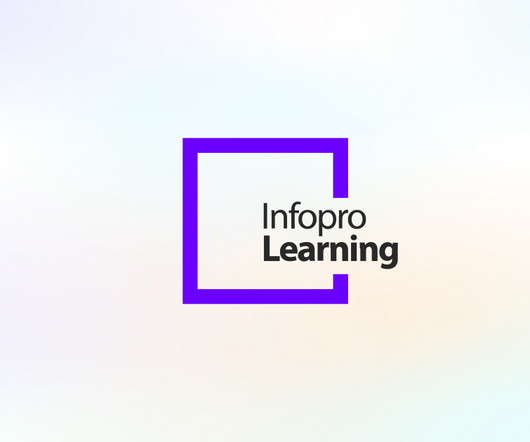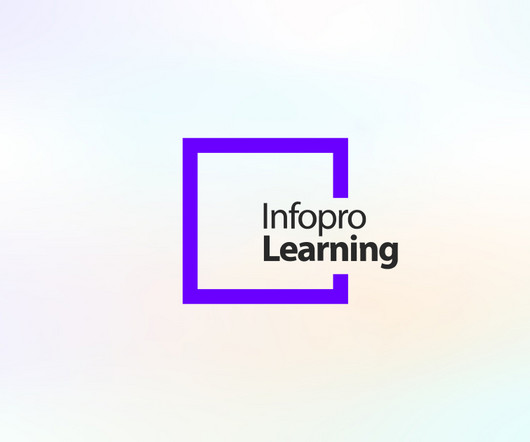3 Outcomes of Reverse Mentoring
Absorb LMS
AUGUST 21, 2019
While mentoring roles of the past were reserved for the most senior members of our society or the executive level of an organization, today’s mentors are present in every generation and in every role. In the past, mentoring was a one-way street—from elder to younger. Adoption of new technology. Retention of employees.






















































Let's personalize your content